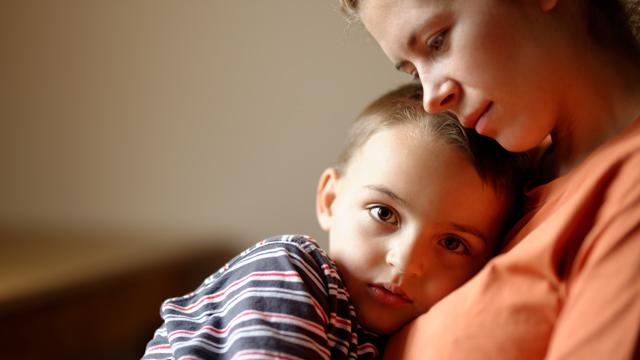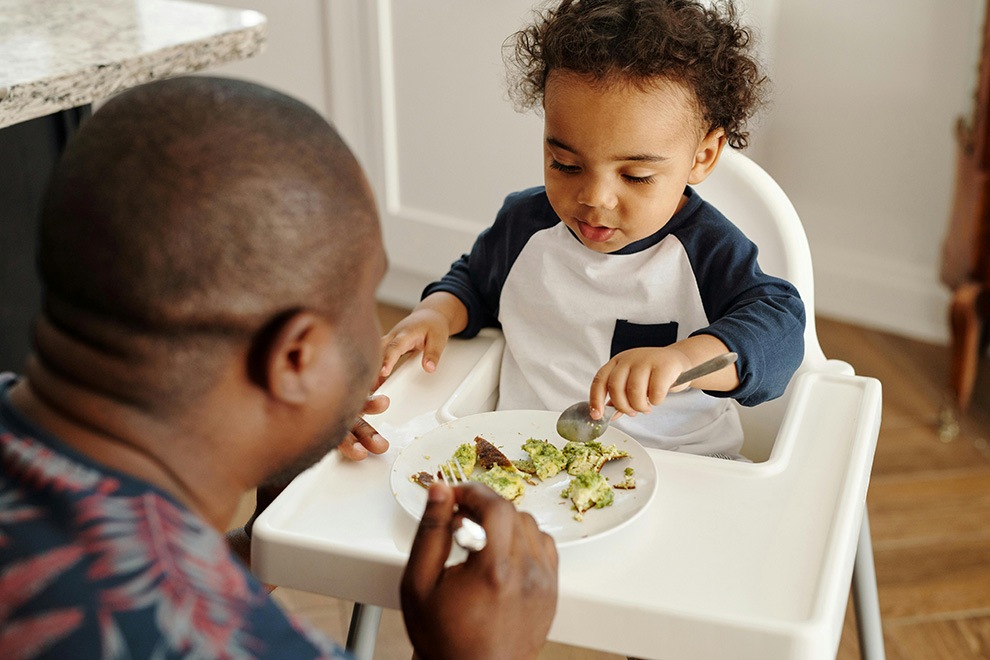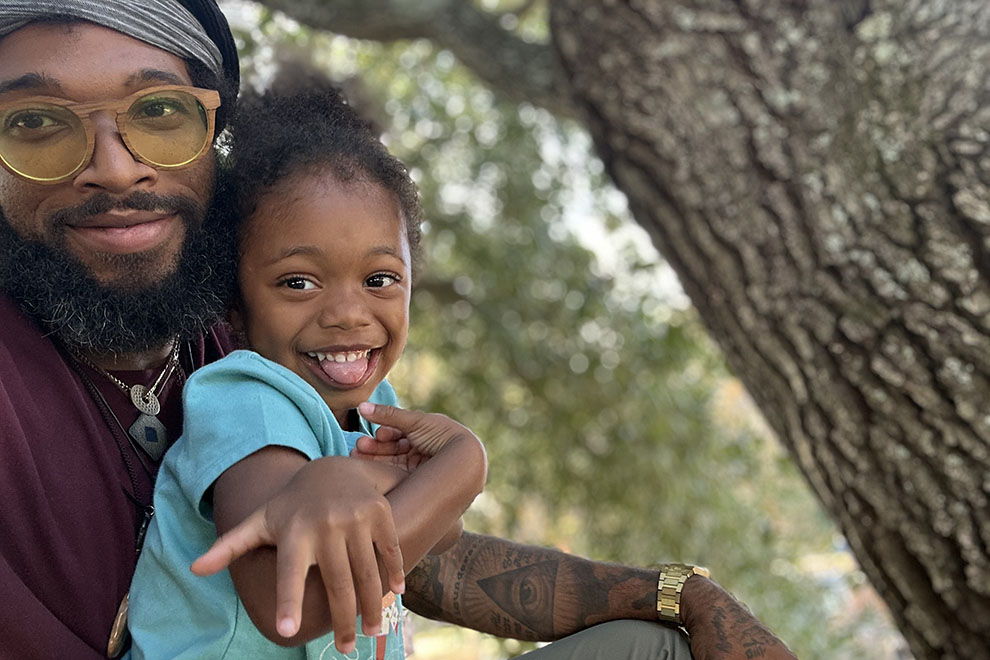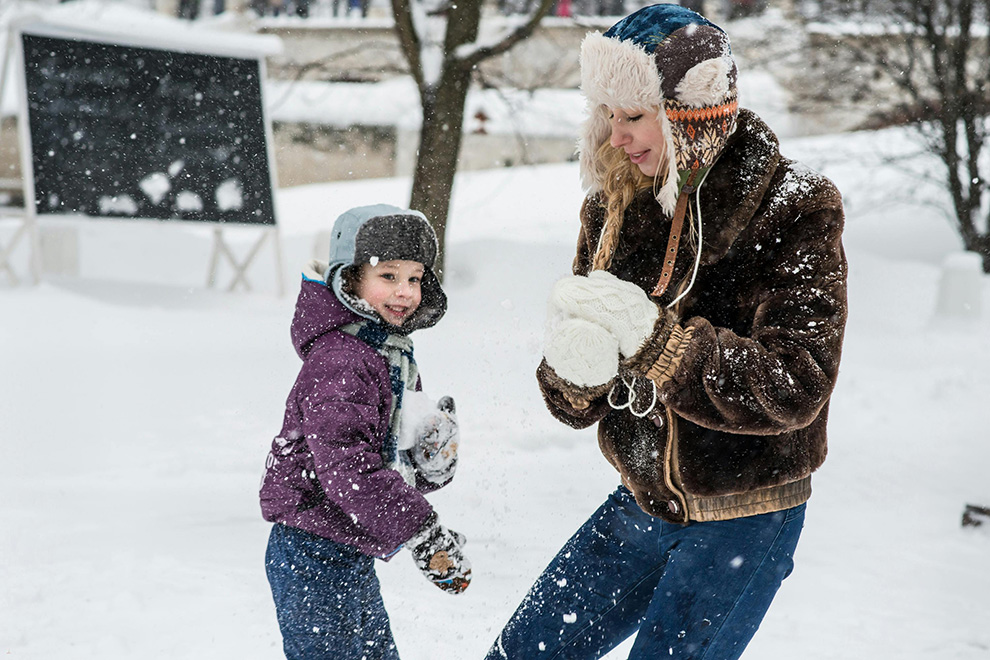Grief. Unfortunately, it’s something we will all experience as part of being human. Of course, children experience grief too, and when they
do, they will think, feel, and express themselves differently than adults. Hopefully, your child will not experience a severe loss like the death of a parent, but every child goes through some type of loss, such as a pet dying, a favorite teacher retiring, a close friend moving away, or their parents’ divorce. All losses, big or small, can cause grief in children. Here are several things to keep in mind when helping your child through one of the most difficult losses.
Communication
It is important to be honest. Young children are very literal. Telling a child that their grandmother “went to sleep” could cause fear and confusion. Difficult as it may seem, you need to use the words “death” and “died,” and encourage children to ask questions. Be as specific as you can with the details, being mindful of the age and maturity level of your child. Let them know that it’s okay to talk about the person. Do not be afraid to cry and express yourself in front of your kids. Children might not know how they should feel or act, and they learn by watching others. Older children know death is permanent, but a younger child might ask when the person who died is coming back. Ask them what they know about death already. Find age-appropriate books about death you can read together or look online for additional support. Children should know they will be told the truth even if it can be painful.
Closure
Everyone needs a chance to say good-bye. If appropriate, a child can attend the funeral or memorial service. She can draw a picture of a happy time she had with the person, or write a story, prayer, or poem about the person. Some people plant trees or flowers in memory of the person. This is also a good way to achieve closure when a pet has died. Sometimes children experience a roller coaster of emotions, and appear fine and accepting of the loss one day and upset the next. This is normal. Young children may want to hear the story about the event or loss repeatedly or may even tell strangers about what happened. Be patient and calm with this behavior since it helps the child accept the loss.
Concern
Since children express their grief in a variety of ways, it is sometimes hard to know when to be concerned about their attitude or behavior. It is normal for a child’s grades to drop, to have tantrums or anger outbursts, or to have feelings of sadness, anxiety, and/or guilt. If any of these behaviors last more than a few weeks though, you need to take them seriously. Any new violent play, total withdrawal from others, sudden self-destructive or risk-taking behaviors such as self-injury (cutting), or drug and alcohol use, need to be addressed immediately.
If your child needs help with their grief, there are resources available. Younger children could benefit from seeing a play therapist or a counselor certified in grief and trauma. Many schools have support groups for kids when a fellow student has died suddenly or to help students with parents who are divorcing. There are programs for children whose parents are incarcerated and camps for those who have lost a family member to cancer. Do not be afraid to ask for help. Talk to your school counselor or pediatrician, and remember, you do not have to do it alone.
![]()





